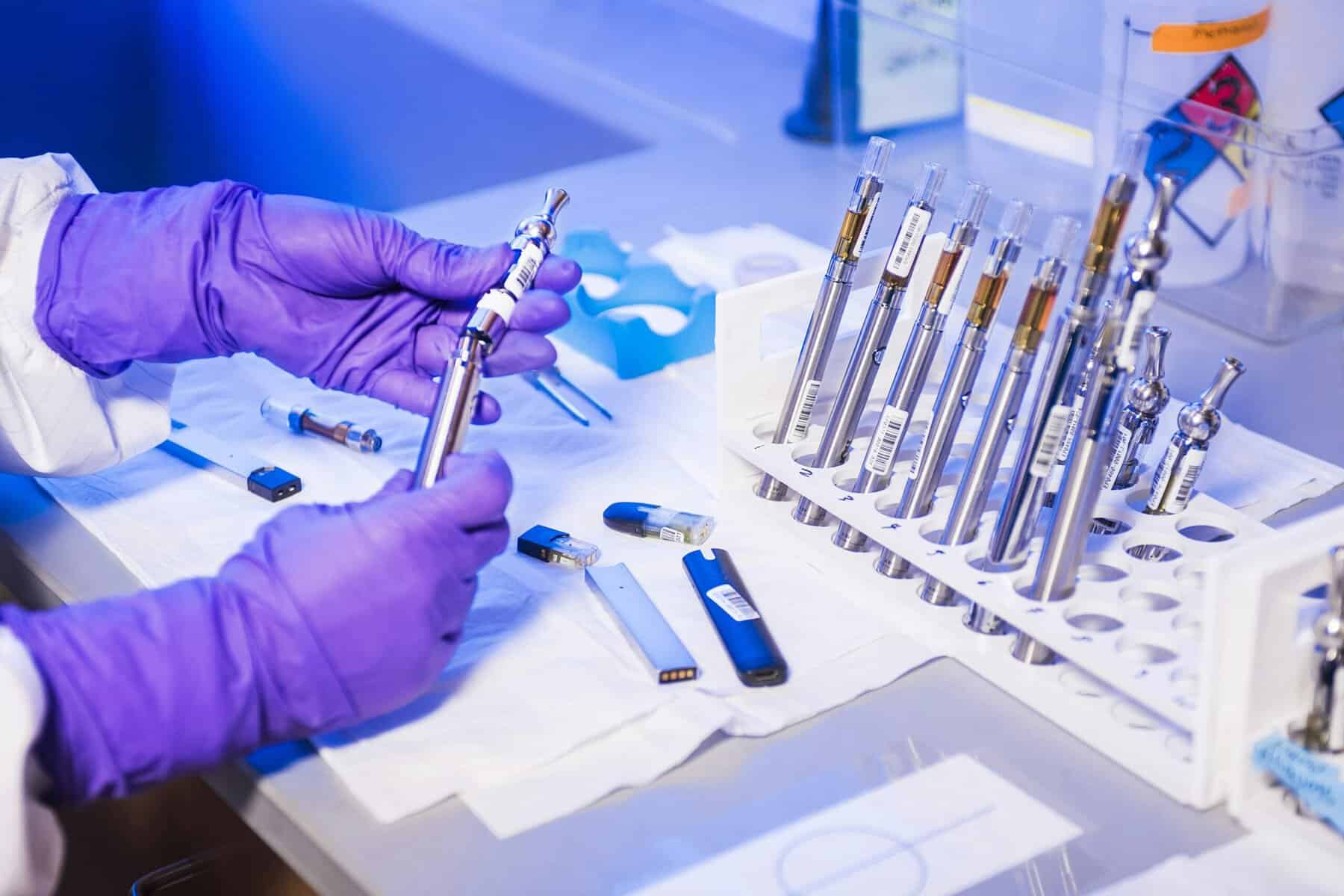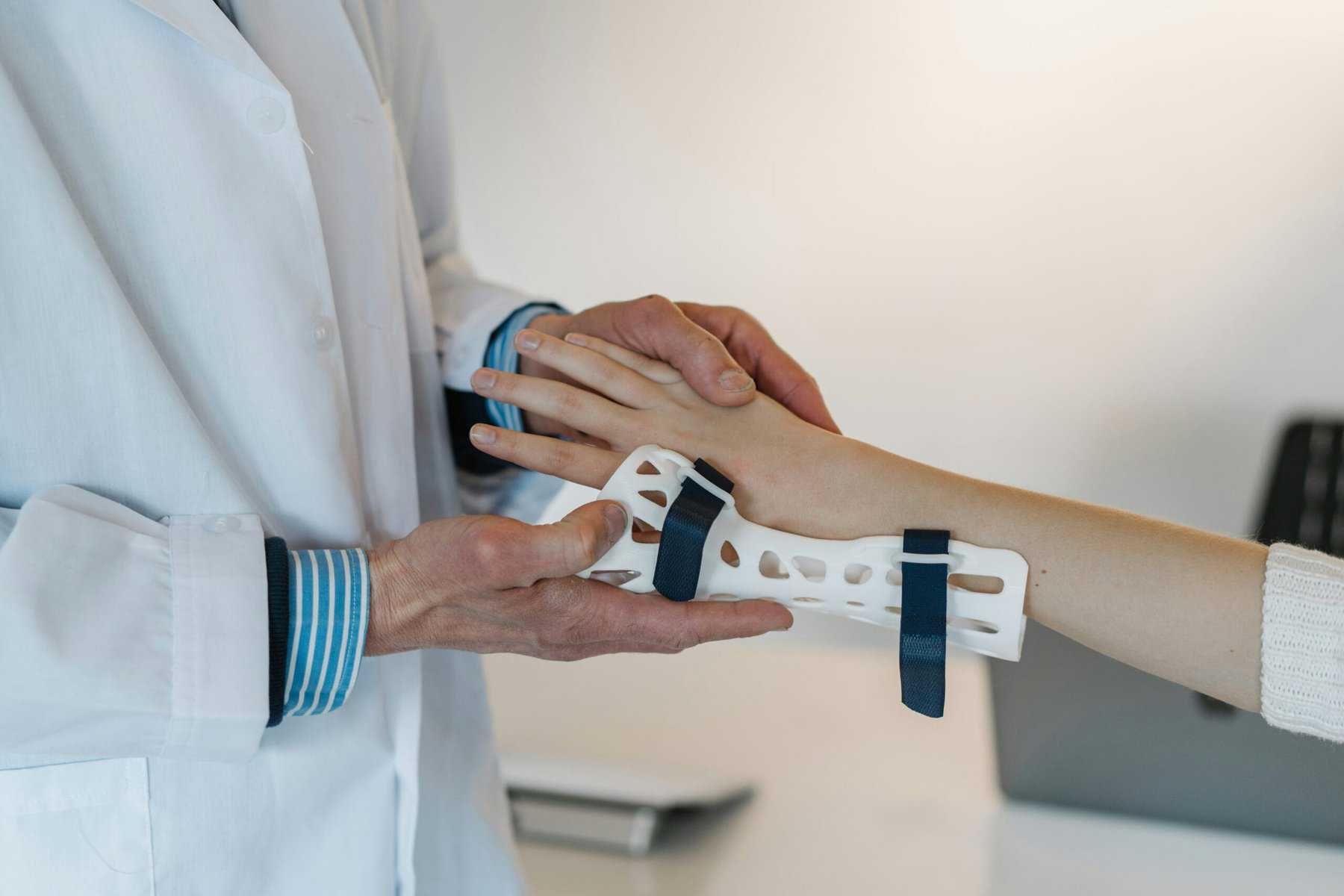Introduction to Thailand’s Single-Entry Tourist Visa
Thailand has long been a sought-after destination for medical tourism, attracting individuals from around the globe seeking high-quality healthcare services at affordable prices. To facilitate this influx of medical tourists, the Thai government offers a single-entry tourist visa specifically tailored for those seeking medical treatment. Officially known as the Medical Treatment Visa (MT Visa), this visa allows patients to access Thailand’s world-renowned medical facilities with ease.
The primary purpose of the Medical Treatment Visa is to provide a streamlined process for international patients who require medical attention in Thailand. Applicants must provide evidence of their medical needs, such as a letter from a Thai hospital or medical institution detailing the treatment plan. This ensures that the visa is issued primarily to those with genuine medical needs, thus maintaining the integrity of the visa system.
The Medical Treatment Visa is valid for a period of 90 days, allowing patients ample time to undergo their required treatments and recover before returning to their home country. During this time, visa holders can stay in Thailand for a maximum duration of 60 days. Should the medical treatment necessitate a longer stay, it is possible to apply for an extension, provided sufficient medical documentation is presented to support the request.
This visa is crucial for individuals seeking medical treatment in Thailand, as it simplifies the process of entering the country and ensures that patients can focus on their health and recovery without the added stress of visa complications. The streamlined application process and the support from Thai medical institutions make the Medical Treatment Visa an essential component of Thailand’s efforts to position itself as a leading destination for medical tourism.
Validity and Duration of Stay
The single-entry tourist visa for medical treatment in Thailand, commonly referred to as the Medical Treatment Visa (MT Visa), is a crucial option for individuals seeking healthcare services in the country. This visa allows for a single entry into Thailand within a three-month period from the date of issuance. It is essential to understand the distinction between the visa validity period and the permitted duration of stay to ensure compliance with Thai immigration regulations.
The validity period of the Medical Treatment Visa is three months. This means that the visa holder must enter Thailand within three months from the issuance date. However, this does not directly correlate with the length of stay permitted in the country. Upon entry, the visa holder is allowed a maximum stay of 60 days. This period is specifically allocated for the individual to undergo medical treatment and recuperation within Thailand. If additional time is required for medical reasons, it is possible to apply for an extension of stay at the discretion of the Thai immigration authorities.
It is important to note that the visa validity period and the permitted duration of stay are separate entities. The validity period dictates the timeframe within which one must enter Thailand, whereas the duration of stay determines how long one can remain in the country after entry. For instance, if a person enters Thailand on the last day of the visa validity period, they are still entitled to stay for up to 60 days from that entry date.
Misunderstanding these two distinct timelines can lead to unintended overstays or premature departures. Therefore, individuals seeking a Medical Treatment Visa for Thailand should plan their travel and treatment schedules carefully, ensuring they adhere to both the three-month entry window and the 60-day stay limit. Proper adherence to these regulations will facilitate a smooth and uninterrupted medical treatment journey in Thailand.
Visa Application Form and Photographs
When applying for a medical visa Thailand, it is imperative to adhere to specific requirements to ensure a smooth application process. One of the fundamental components of the application is the visa application form. Applicants must complete and sign two copies of this form. It is crucial to date these forms at least 10 working days before your intended date of travel to allow for adequate processing time.
Filling out the visa application form necessitates careful attention to detail. Ensure that all sections of the form are completed accurately and legibly. This includes personal information, travel details, and the purpose of the visit, which in this case is for medical treatment. Incomplete or incorrect forms can lead to delays or even rejection of the application. Therefore, double-check all entries before submission.
In addition to the application form, applicants are required to submit two recent photographs. These photographs must adhere to specific guidelines to be accepted. Each photograph should be 2×2 inches in size and must clearly show the applicant’s face. The photographs should be in color, taken against a plain white or off-white background. It is essential that the photos are recent, typically taken within the last six months, to ensure they accurately represent the applicant’s current appearance.
When taking the photographs, applicants should ensure that they are facing the camera directly with a neutral expression. The head should be centered and not tilted. Avoid wearing headgear unless it is for religious purposes, but even then, ensure that the face is visible from the top of the forehead to the bottom of the chin. Glasses are generally discouraged unless they are necessary for medical reasons, in which case, ensure that there is no glare or shadows obscuring the eyes.
By meticulously following these guidelines for the visa application form and photographs, applicants can significantly enhance their chances of obtaining a medical treatment visa (MT visa) without unnecessary complications or delays.
Passport and Supplementary Identification Documents
When applying for a medical treatment visa (MT visa) in Thailand, it is imperative to ensure that your passport is valid for no less than six months from the date of your intended entry. This is a standard requirement to prevent any complications that might arise during your stay in Thailand. Along with the original passport, applicants must also submit a clear photocopy of the passport’s identification page. This photocopy will be retained by the Thai authorities for verification and record-keeping purposes.
In addition to the passport, applicants are required to provide a supplementary identification document. Acceptable forms of supplementary ID include a national ID card or a valid driving license. These documents help verify the applicant’s identity further and provide an additional layer of security against potential identity fraud. A clear photocopy of the supplementary ID must be submitted along with the application.
For applicants who are not nationals of the country from which they are applying, additional documentation will be necessary. This could include a residence permit or a long-term visa for the country of residence. These documents are crucial in establishing the applicant’s legitimate residence status and ensuring that the application process proceeds smoothly. It is advisable to check with the Thai embassy or consulate in your country of residence for specific requirements, as these can vary.
Proper documentation is key to a successful visa application. All submitted documents should be clear, legible, and free from any alterations or damage. It is also advisable to keep personal copies of all submitted documents for your records. Ensuring that all documentation is in order will significantly increase the likelihood of your medical visa Thailand application being approved without delays.
Travel Tickets and Financial Evidence
When applying for a medical visa Thailand, it is crucial to present comprehensive travel plans, including confirmed travel tickets to and from Thailand. The stay for medical treatment should not exceed 60 days. Ensuring that your travel dates align with this timeframe is essential for a smooth visa application process. Authorities will verify that your intended duration in Thailand is consistent with the permissible period under the medical treatment visa (MT Visa).
Financial evidence is another critical component of the application. Applicants must provide an original bank statement covering the past three months. This statement should demonstrate sufficient financial capability to support the stay, with a minimum balance of not less than ZAR 11,000 per person or ZAR 22,000 per family. The bank statement serves as proof of financial stability, assuring Thai immigration that the applicant can sustain their expenses during the medical treatment period.
For families traveling together under the medical treatment visa, additional documentation is required to establish familial relationships. These documents might include birth certificates for children and marriage certificates for spouses. Such evidence ensures that family members are correctly identified and linked to the primary applicant. It is advisable to have these certificates translated into English and, if necessary, authenticated by relevant authorities to avoid any delays in the visa approval process.
In summary, thorough preparation of travel tickets and financial documents significantly enhances the likelihood of obtaining a medical visa Thailand. Ensuring that all requirements are meticulously met will facilitate a seamless experience, allowing applicants to focus on their medical treatment without bureaucratic hindrances.
Accommodation and Employment Verification
When applying for a medical visa Thailand, it is crucial to provide proof of accommodation arrangements for the entire duration of your stay. This requirement is intended to ensure that applicants have a secure place to reside while receiving medical treatments. Acceptable forms of accommodation verification include a hotel reservation, a letter of invitation from a resident in Thailand, or a rental agreement. It is important that these documents clearly state the duration of the stay and are supported by contact information to verify authenticity if needed.
Equally important is the employment verification for those applying for the medical treatment visa (MT Visa). Employed applicants must submit a recently signed letter from their employer. This letter should confirm their current employment status, specify the period of approved leave, and include employer contact details for verification purposes. The letter serves to validate the applicant’s ability to return to their home country post-treatment. It should also provide assurances that the applicant has the financial means to support their stay in Thailand.
For unemployed applicants, the process involves different documentation. They are required to submit a signed letter stating their unemployment status. This letter should be accompanied by evidence of sufficient funds to cover their travel and medical expenses during their stay in Thailand. Bank statements, savings account details, or other financial documents can serve as proof of sufficient funds. This requirement ensures that even without current employment, the applicant has the financial capability to support themselves while undergoing medical treatment in Thailand.
Both accommodation and employment verification play a pivotal role in the approval process of the medical treatment visa. Providing accurate and comprehensive documentation in these areas not only speeds up the application process but also increases the likelihood of a successful visa approval. Ensuring the completeness and authenticity of these documents is essential for a smooth and hassle-free experience.
Medical and Health Requirements
Obtaining a medical visa Thailand requires specific medical documentation to ensure a smooth application process. One of the primary documents needed is a formal letter from a recognized hospital or medical facility in Thailand. This letter must explicitly detail the purpose of the treatment and the expected duration of the medical procedure. It’s essential for the letter to be on the official letterhead of the medical institution and signed by an authorized medical practitioner to validate its authenticity.
In addition to the medical letter, applicants hailing from or having traveled through yellow fever-endemic areas must present a yellow fever vaccination card. This requirement is in place to prevent the spread of yellow fever into Thailand. The vaccination card should be up-to-date and clearly indicate that the applicant has been vaccinated against yellow fever at least 10 days before arrival in Thailand.
A comprehensive list of countries requiring yellow fever vaccination can be found on the World Health Organization (WHO) website. This list includes many African and Latin American nations where yellow fever is prevalent. Travelers from these regions must ensure they have their vaccination card readily available when applying for the medical treatment visa (MT Visa).
Adhering to these medical and health requirements is crucial for the successful approval of the medical visa Thailand. Applicants should meticulously prepare their documentation, ensuring all details are accurate and complete. This preparation not only facilitates a seamless visa application process but also underscores the importance Thailand places on maintaining public health and safety.
Special Considerations and Visa Fees
When applying for a medical visa in Thailand, it is important to be aware of special considerations, especially for applicants under 20 years old. Such minors are required to submit a set of additional documents as part of their application process. These include a certified copy of their unabridged birth certificate, which details both parents’ information, as well as certified original passports or identification cards of their parents or legal guardians. Furthermore, a notarized consent letter from the parents or guardians must be provided, affirming their approval for the minor to travel and receive medical treatment in Thailand.
Another essential aspect of obtaining a medical treatment visa (MT Visa) is understanding the associated visa fees. Applicants must pay a non-refundable fee at the time of submission. This fee is a critical consideration, as it is non-refundable regardless of the application’s outcome. Therefore, ensuring all required documents are complete and accurate before submission is paramount to avoid unnecessary financial loss.
The Royal Thai Embassy reserves the right to reject visa applications that are not supported by sufficient documentation or valid reasons for seeking medical treatment in Thailand. It is crucial for applicants to double-check that they have included all necessary paperwork to prevent their application from being denied. Detailed attention to the documentation can significantly enhance the likelihood of a successful application.
Additionally, applicants should take note of the ‘enter before’ date specified on the visa, which indicates the deadline by which they must enter Thailand. Failure to enter the country by this date will render the visa invalid. Applicants are advised to plan their travel accordingly to ensure compliance with this requirement.
In conclusion, understanding the specific documentation required for minors, the non-refundable nature of visa fees, and the importance of complete and accurate documentation are crucial steps in the application process for a medical visa Thailand. By paying careful attention to these details, applicants can increase their chances of obtaining the visa successfully and ensuring a smooth process for receiving medical treatment in Thailand.




